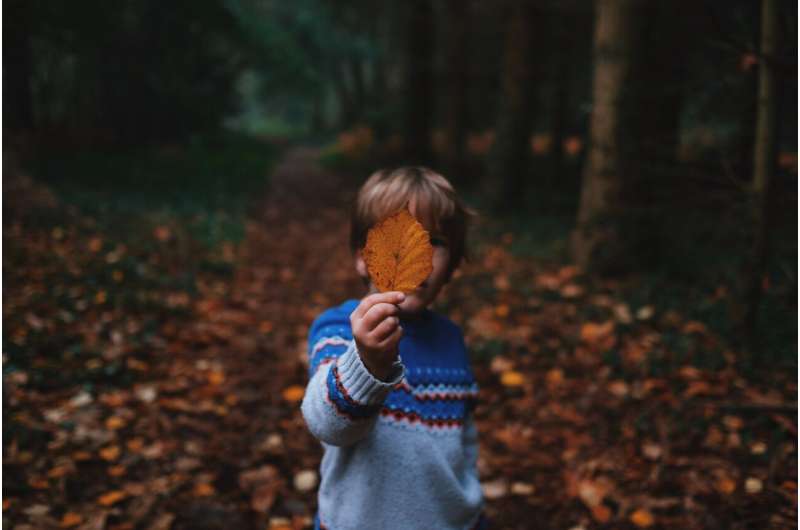
More and more people are experiencing eco-distress—existential fears about the future of the planet in view of increased extreme weather events and ecological loss.
Yet, say the authors of a new Nature Mental Health article, rising levels of eco-distress might in fact help to tip the balance towards positive, collective, pro-environmental actions which could help mitigate the extremes of climate change.
In the article, “Eco-distress is not a pathology, but it still hurts,” researchers and clinicians Dr. Liz Marks and Caroline Hickman from the University of Bath explore what effects individual concern about the planet is having, focusing on how eco-distress might help prompt positive actions. They describe eco-distress as encapsulating the complex emotional, cognitive and physical impacts on individuals and families brought about by the climate crisis.
Seminal research from Marks and Hickman, released by The Lancet Planetary Health in 2021, showed heightened levels of eco-distress, or eco-anxiety, felt by young people around the world. Their survey results highlighted how nearly 60% of young people (aged 16-25) were “very” or “extremely worried” about the direction of the planet. It suggested that young people’s fears were linked to government inaction in not responding to climate change.
More recent research in ScienceDirect into eco-anxiety from Marks and colleagues at the Centre for Climate Change & Social Transformations (CAST)—also at the University of Bath—found fears about the planet to be equally high among older adults. Its 2022 survey of 13,000 adults in the UK suggested over 43% were “extremely” or “very worried” about climate change.
Commenting on the Nature Mental Health article, clinical psychologist Dr. Liz Marks said, “Our research is consistently showing that eco-distress, or anxiety—deep rooted fears about the future of the planet—is affecting more and more people in the UK and around the world. Eco-distress involves many feelings, including grief, anger, sadness, hopelessness, despair, guilt; but also hope, inspiration, care and compassion.
“Crucially, eco-distress should not be viewed as ‘weakness,’ oversensitivity, or as it is sometimes polemicized, as ‘wokeness.’ It is a valid response demanding respect, care and understanding from all of us. Even if we are not aware of our own distress, this may change as the impacts of the climate and ecological emergency increasingly affect all of our lives.”
Co-author Caroline Hickman, a specialist psychotherapist who has supported individuals with eco-distress, added, “Concerns vary between individuals, and they are not equally distributed, but we argue that nearly everyone alive today has some awareness of the threats posed by climate change, and the spectrum of responses ranges from mild unease to terror. Ultimately, fears about the future of the planet will impact all of us—it’s how we act on them that’s important.
“We need to channel these very rational fears people are experiencing into collective actions that demand changes from people in power, to challenge global injustice, and to help mitigate the global challenges we are facing.”
More information:
Elizabeth Marks et al, Eco-distress is not a pathology, but it still hurts, Nature Mental Health (2023). DOI: 10.1038/s44220-023-00075-3
Journal information:
The Lancet Planetary Health
,
Nature Mental Health
Source: Read Full Article